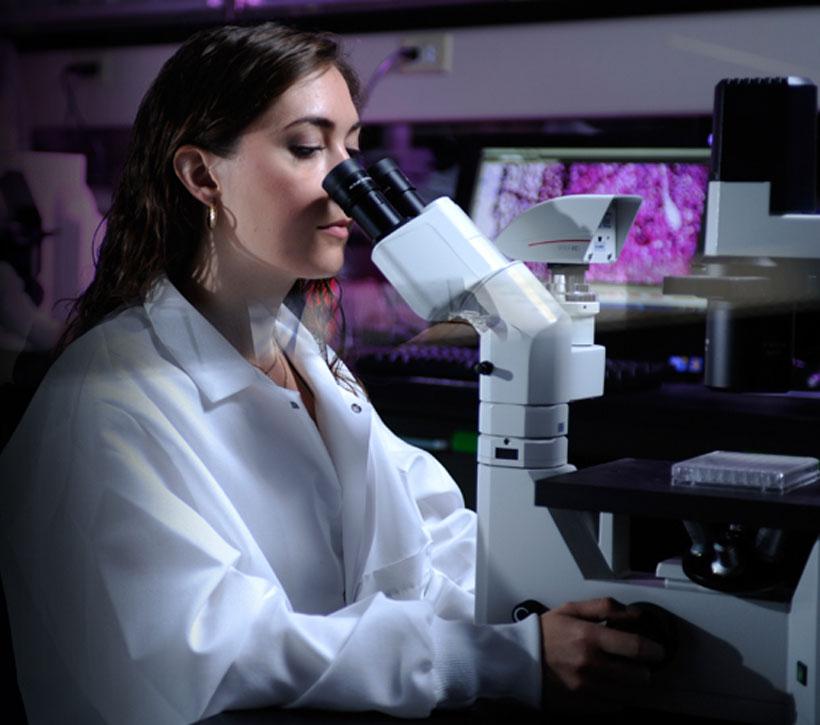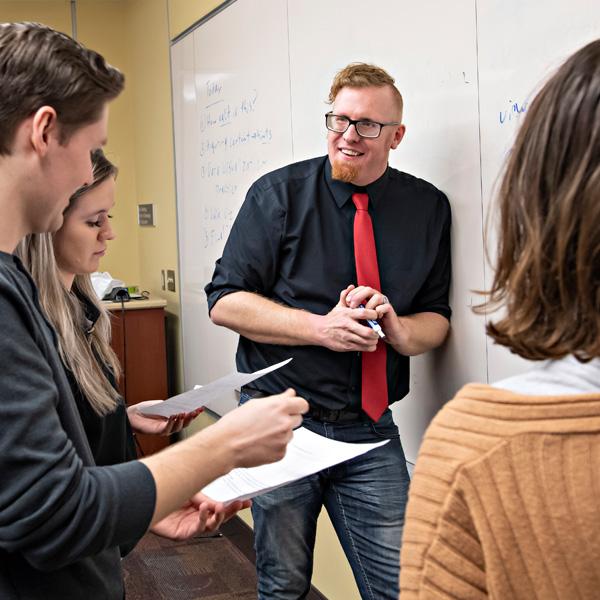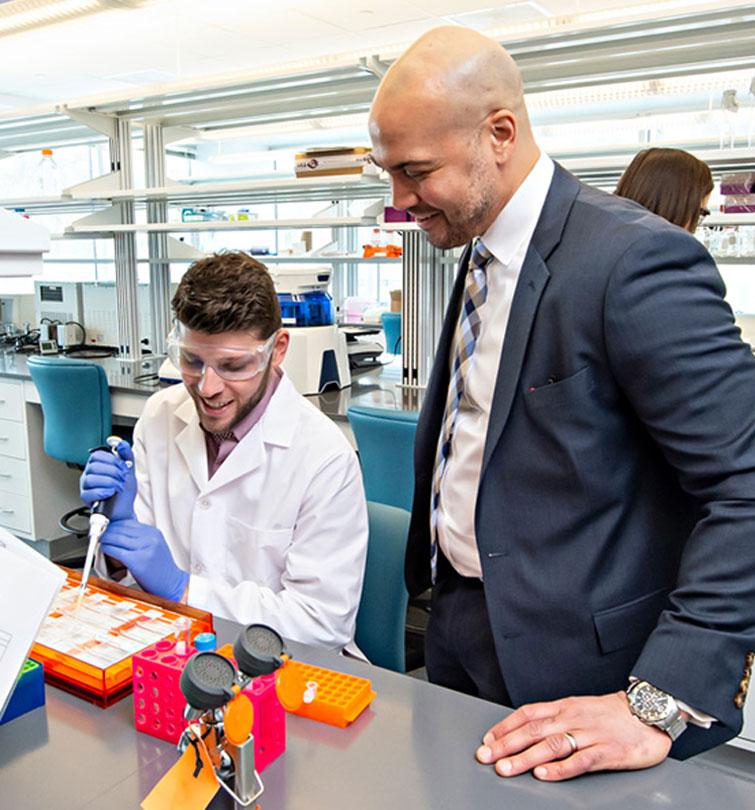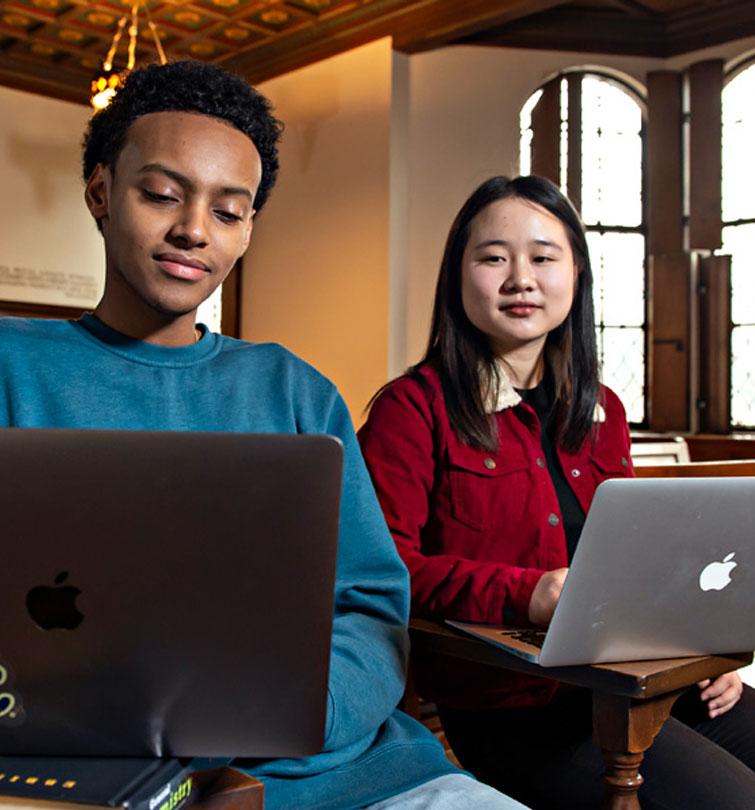
Meet Our Faculty
Meet the faculty who will teach and mentor you, and learn about the innovative research projects they're directing.
Community Engagement Specialist
Assist with HIV public health planning and engagement in the HIV Prevention and Care Project. Design and implement stakeholder engagement for statewide HIV planning, reaching communities most impacted by HIV throughout PA.


News

‘Nobody saw this coming’; California dairies scramble to guard herds against bird flu
“The concerning trend of multiple states reporting cattle infections raises the likelihood of continued human exposure,” said Suresh Kuchipudi, professor and chair of infectious diseases and microbiology.

Leading the charge in combatting tick-borne viruses
Assistant Professor Priscila Da Silva Castanha and team awarded Pitt Momentum Funds.

Why the mpox outbreak in the Democratic Republic of Congo is worrying disease docs
"It's just a matter of time, if nothing is done, that the transmission crosses the border in the African region and, again, globally," says Jean Nachega associate professor of Infectious Diseases and Microbiology and Epidemiology.


